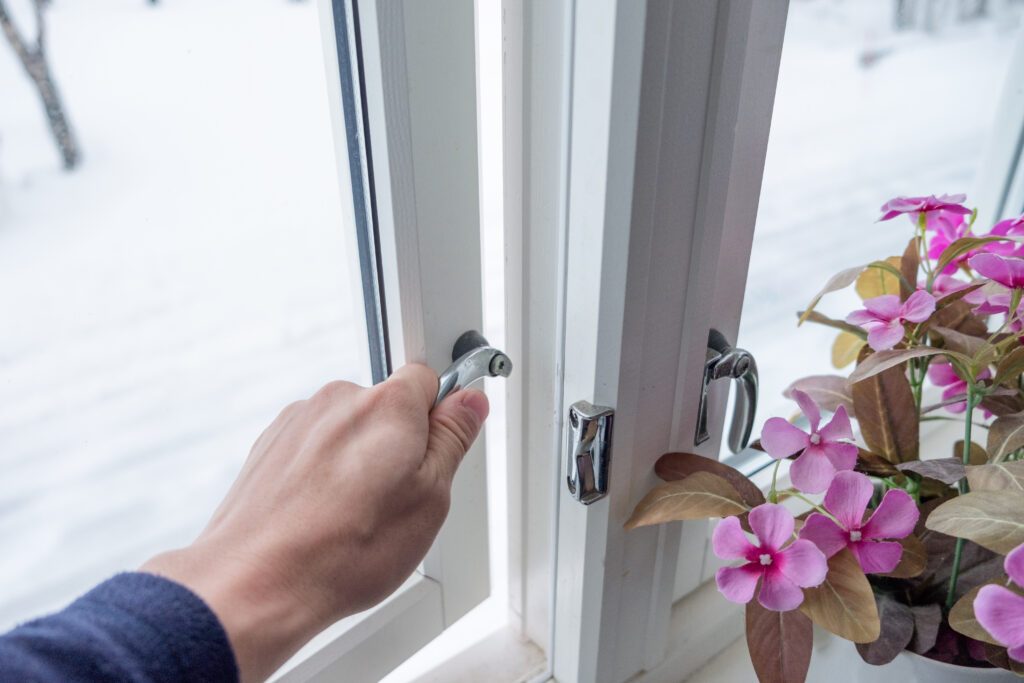As the temperatures get increasingly colder, it is important to be mindful of the damage that can occur when pipes freeze.
KEEP WINDOWS, GARAGES, AND DOORS CLOSED
Keep them closed when temperatures are below freezing; open windows or doors can lead to frozen pipes. When the water in pipes expands as it freezes, it can crack the pipe, leading to substantial water damage to the home and personal belongings upon thawing.
BETTER CONTROL THE HEAT IN THE HOME
There are better options than opening windows. Understanding how to use your HVAC system (and reaching out promptly to us when it is not working correctly) is preferable over risking the costly damage associated with frozen pipes.
CHECK YOUR THERMOSTAT’S BATTERIES
Some thermostats use batteries, if the device is not responsive, we offer batteries at no cost to you at our Self Help Center.
USE THE THERMOSTAT CORRECTLY
Setting your thermostat appropriately will ensure you get the amount of heat you want. Set the thermostat’s temperature to the temperature that you want the thermostat to attempt to heat to; when the ambient temperature rises above this setting, the heating system will turn off and when it falls below, the heating system will turn on.
Say the temperature in the room is 68 degrees….
- Turning the thermostat down to 50 degrees will turn off the heat.
- Turning the thermostat down to 67 degrees will also turn off the heat.
- Turning the thermostat up to 70 degrees will turn on the heat.
- Turning the thermostat up to 80 degrees will turn on the heat (but will not heat any faster than adjusting to 70 degrees)
We advise setting temperatures to the target, rather than overshooting.
STILL TOO MUCH HEAT?
Too much heat is considered an emergency and should be phoned in to our emergency maintenance line at (907) 753-1091.
Whether it’s a stuck zone valve, a faulty thermostat, or some other issue, our emergency technicians have the tools necessary to assist you!
